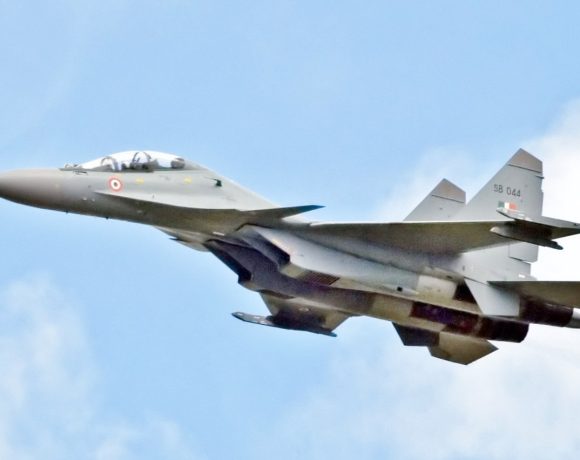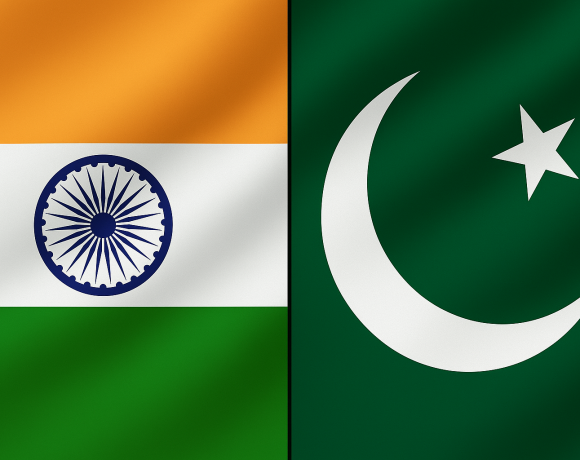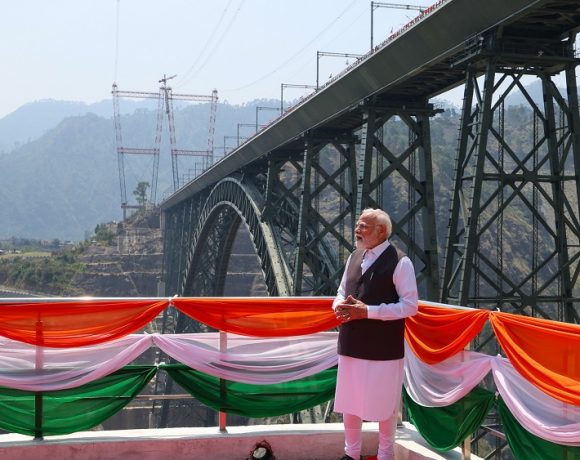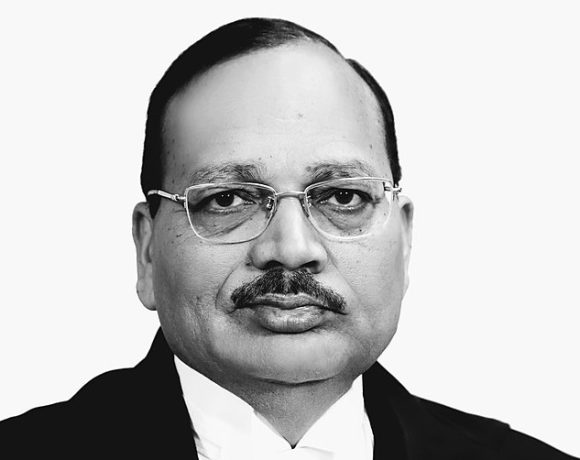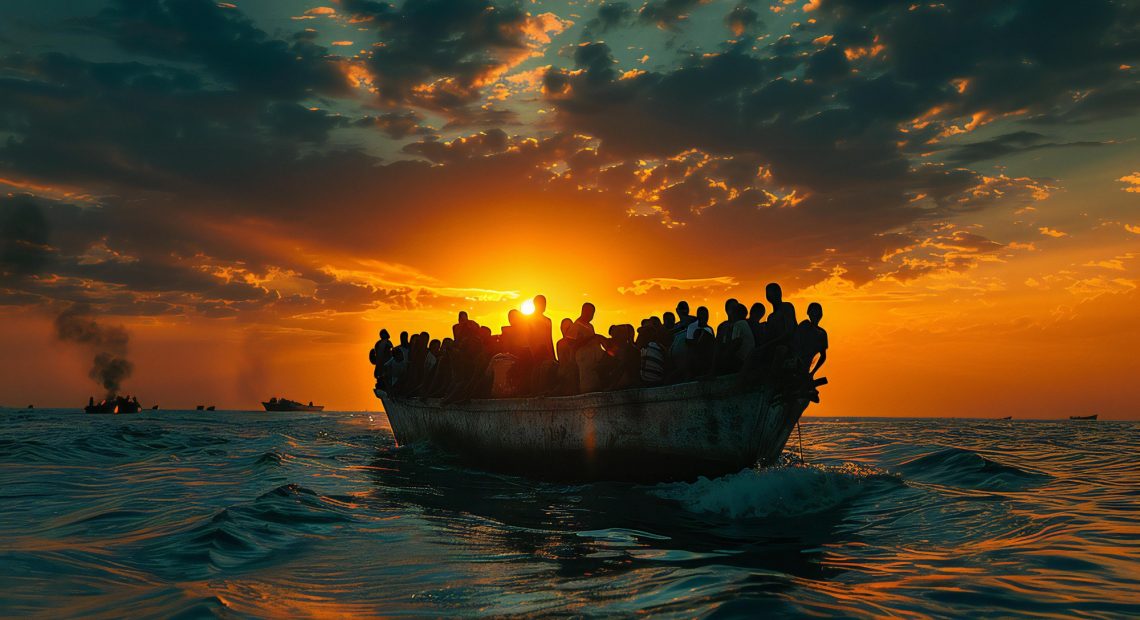
UN Probes Alleged Rohingya Expulsion by Indian Navy
The United Nations has launched an inquiry into disturbing allegations that Indian naval vessels forcibly expelled Rohingya refugees into the open sea near Myanmar. The incident, involving at least 40 individuals, has sparked international outrage and raised critical questions about adherence to international humanitarian norms.
Allegations of Forced Expulsion Spark Global Alarm
According to credible accounts under review by the UN, Indian authorities detained a group of Rohingya refugees—many of whom were reportedly registered with the UN refugee agency—and transported them from detention centers in New Delhi to the Andaman and Nicobar Islands. There, they were allegedly placed aboard Indian naval vessels, blindfolded, and handed life jackets before being ordered to swim to a nearby island believed to be under Myanmar’s territorial control.
The fate of these refugees remains uncertain, and humanitarian agencies have expressed serious concern over their safety, especially considering ongoing persecution of Rohingya communities in Myanmar.
UN Condemns Violation of Non-Refoulement
Tom Andrews, the UN Special Rapporteur on the human rights situation in Myanmar, strongly condemned the reported action, calling it a violation of basic human decency and international law. He emphasized that if the allegations are confirmed, they would constitute a clear breach of the principle of non-refoulement—a cornerstone of refugee protection which forbids returning individuals to places where they may face persecution or danger.
The UN has formally sought clarification from Indian authorities and has demanded transparency in addressing the reported incident.
India’s Refugee Policy Faces Renewed Scrutiny
India is not a signatory to the 1951 Refugee Convention or its 1967 Protocol, nor does it have a domestic refugee law. As a result, the Rohingya in India are frequently treated as illegal immigrants and face detention, deportation, and denial of legal protections.
This lack of formal policy has allowed for ad hoc enforcement measures, which critics say exposes vulnerable refugee groups to arbitrary treatment and human rights violations.
Growing Calls for Accountability and Reform
Human rights groups, refugee advocates, and international observers are calling on the Indian government to conduct an impartial investigation into the incident. They have urged authorities to ensure that any actions taken comply with international humanitarian principles and to immediately halt any deportations or expulsions that could endanger refugee lives.
There is a growing demand for India to adopt a structured national refugee framework that respects international law and provides safeguards for those fleeing violence and persecution. As global attention turns to New Delhi, the pressure mounts on the Indian government to uphold its moral and legal responsibilities.


